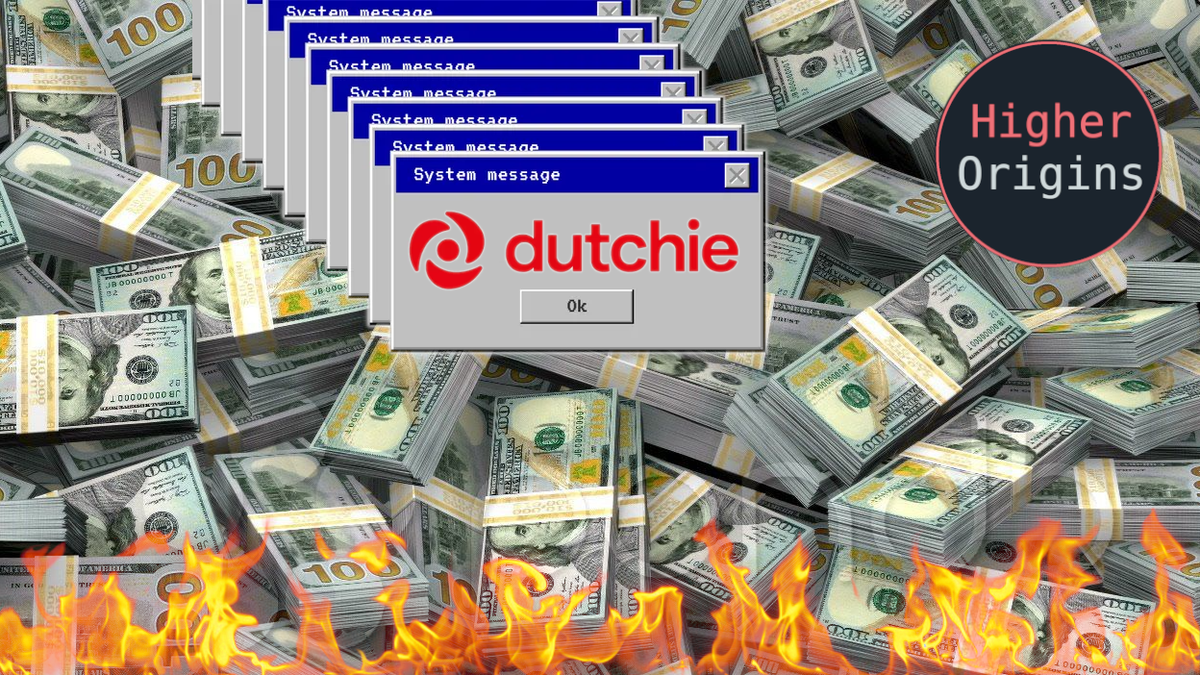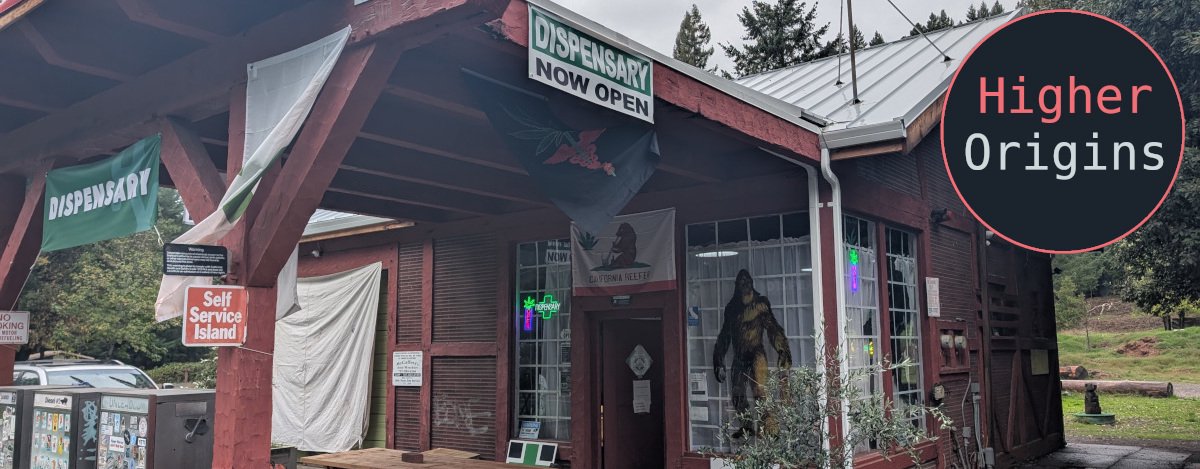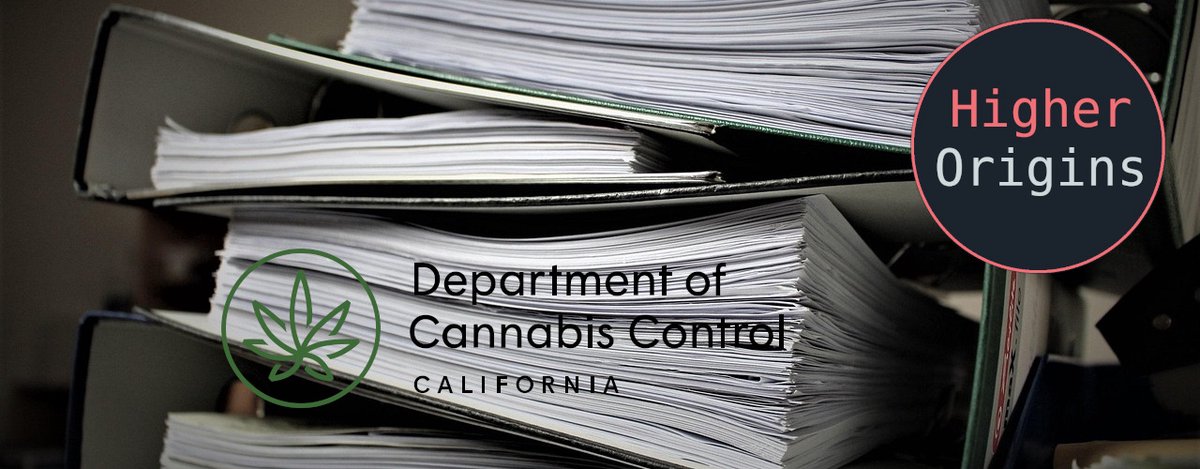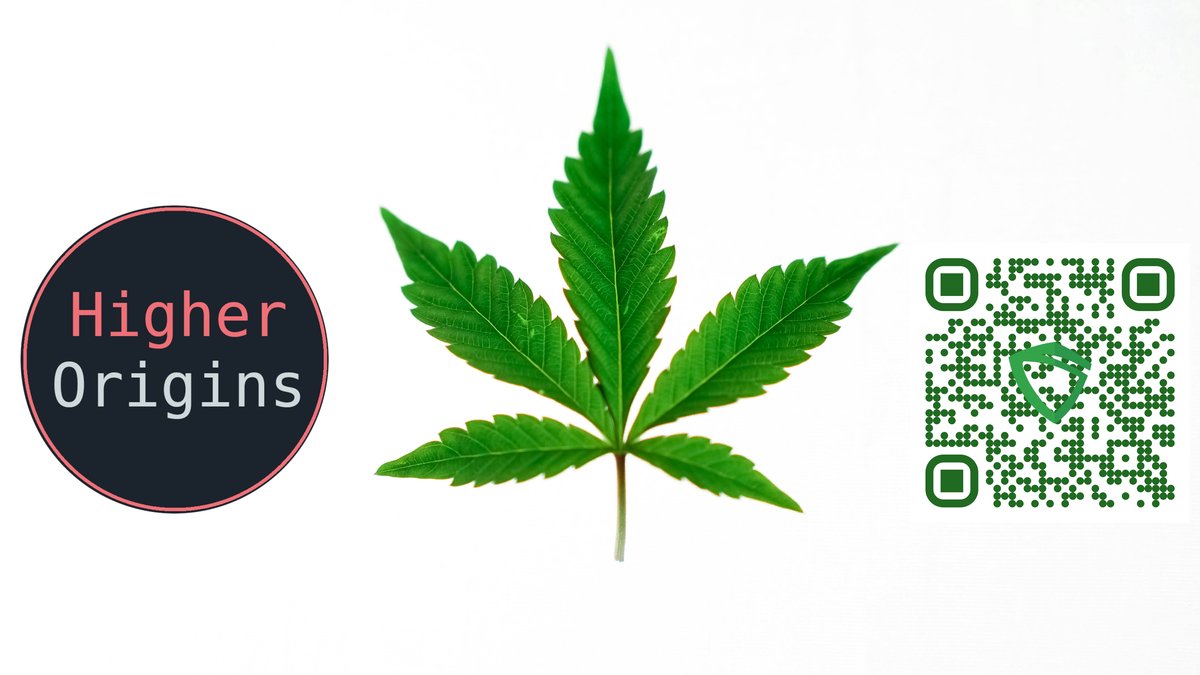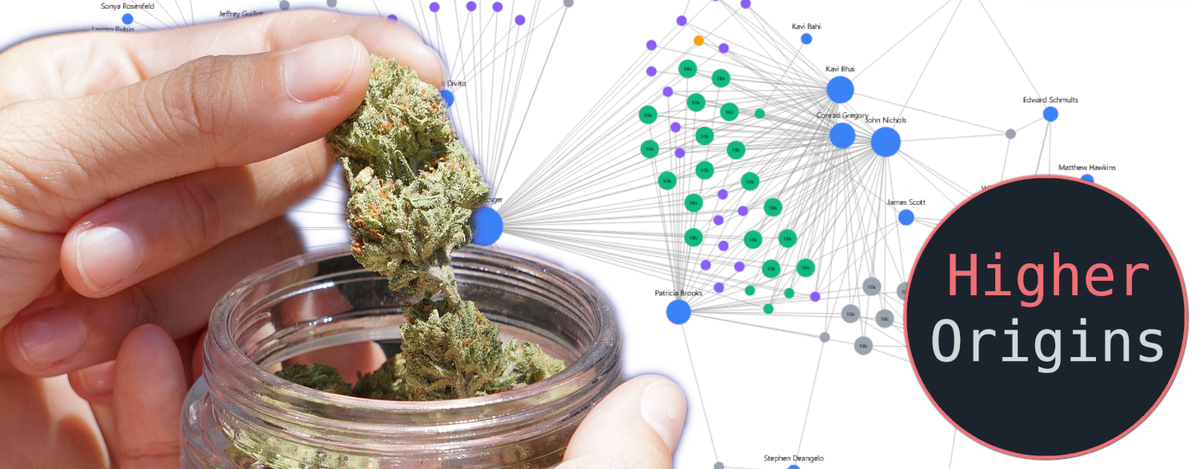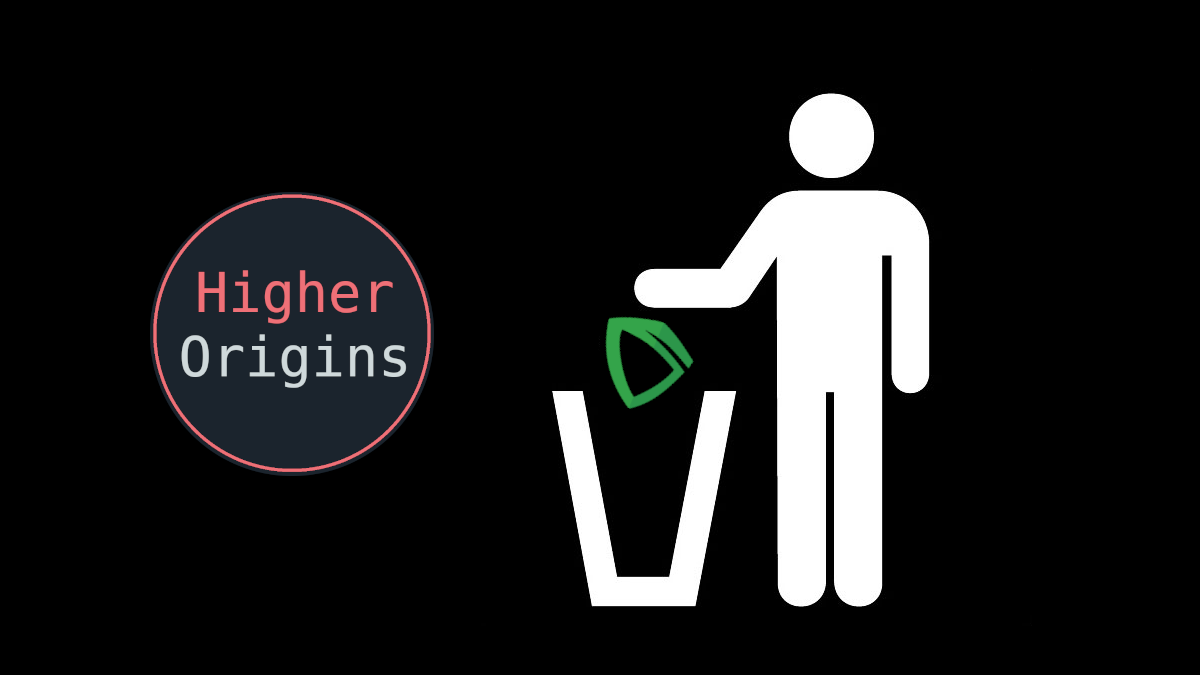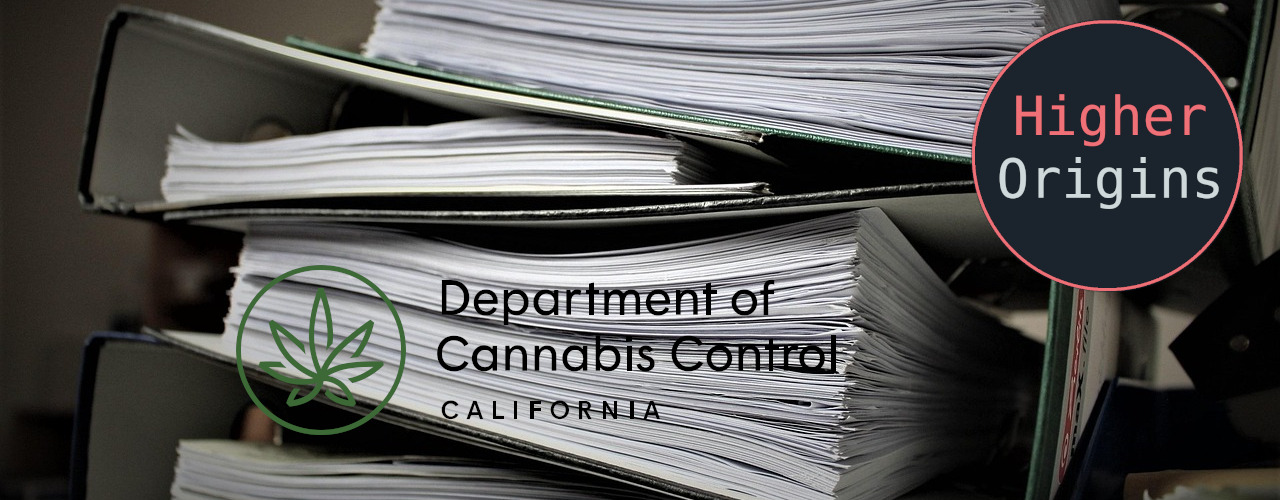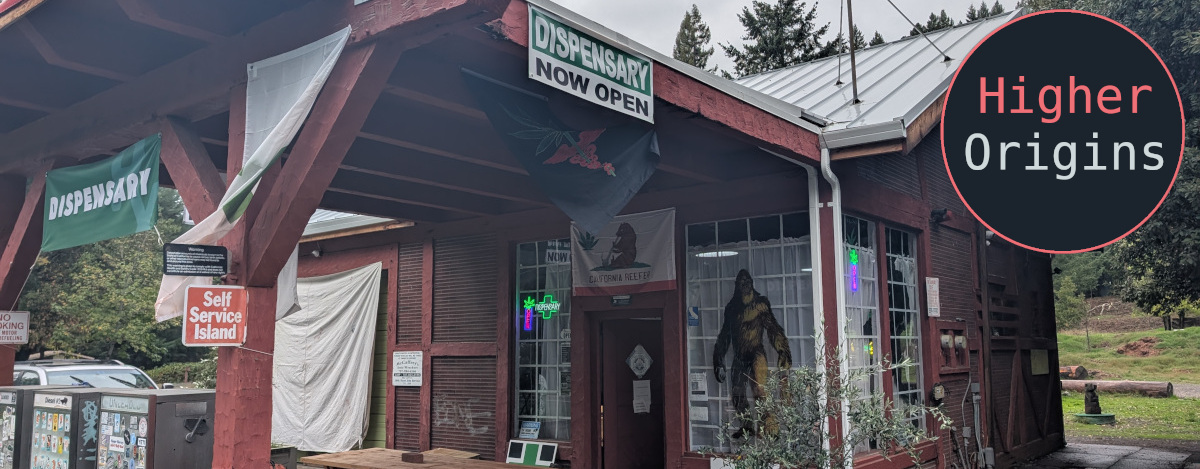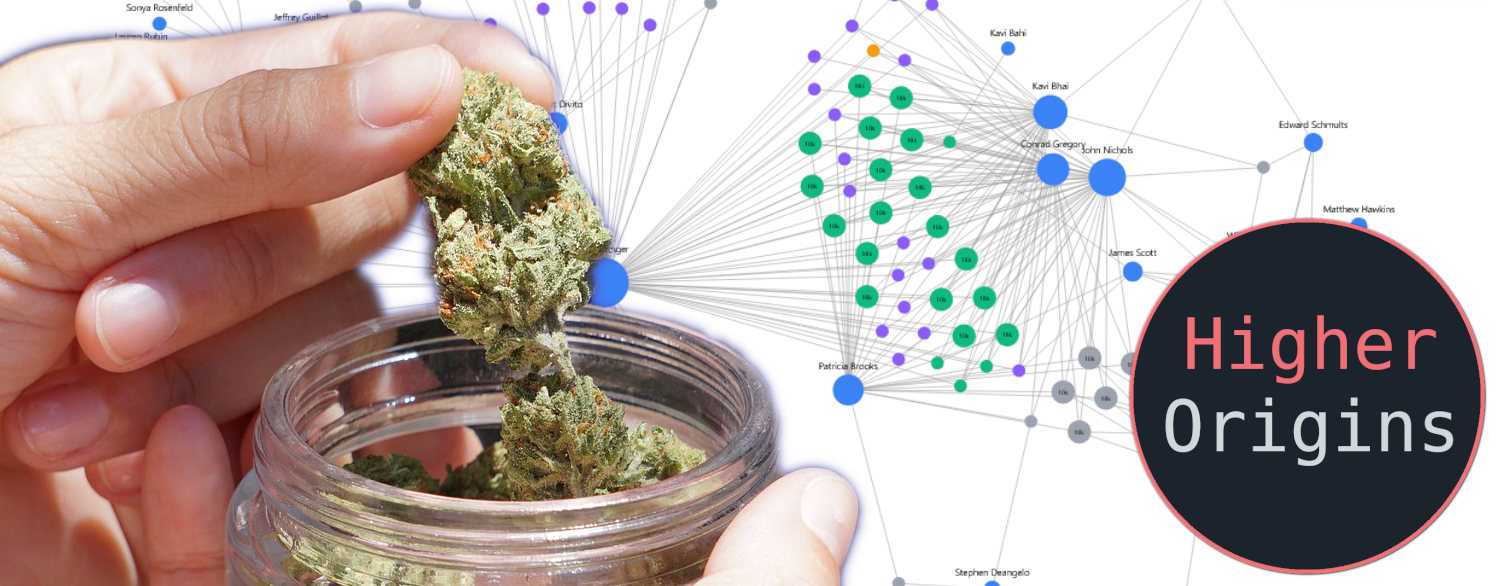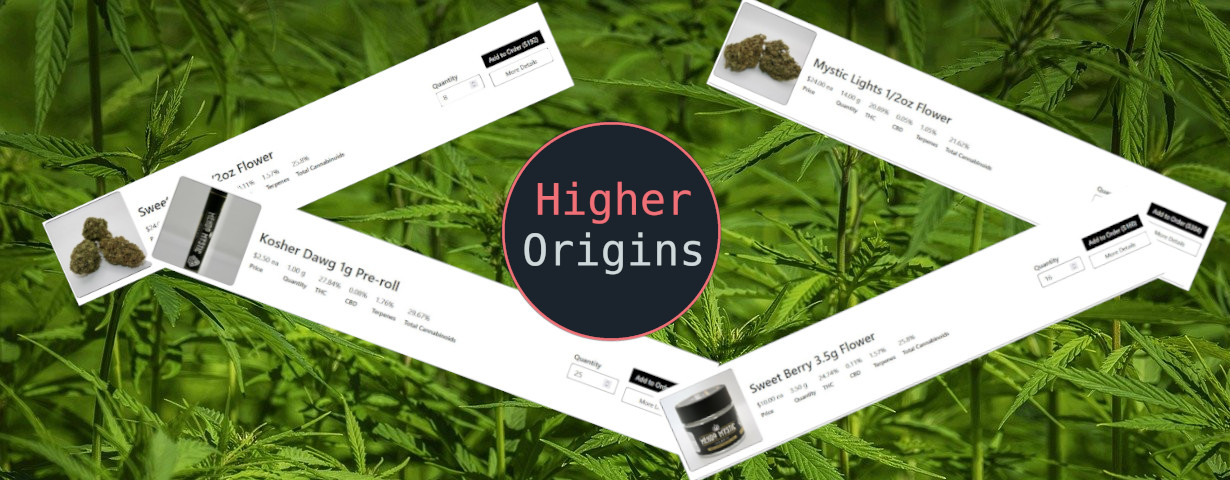Another year, another 4/20 where dispensaries lost the ability to operate on their biggest day. At this point, “Dutchie going down on 4/20” is an old meme in the cannabis industry. We’ve all seen the articles, the apologies, and the angry LinkedIn posts. But how did we get here? Where did Dutchie come from? How did it get so big and get so much investment capital? Are its issues just growing pains of a rapidly expanding company in an unstable industry, or signs of imminent failure? Let’s dig into this troubled industry giant.
History
According to an interview in Forbes, Dutchie was born on the first day of legalization in Oregon, when founder Ross Lipson was waiting in line to buy weed at a dispensary in Bend Oregon, and realized there was a need for a software that could ease sales. As the story goes, Ross called his brother Zach, and started the conversation that would become Dutchie. Both Ross and Zach were tech entrepreneurs with successful startup exits, and it was good timing for them to stumble on the idea for Dutchie at the beginning of a new industry when they both had capital and experience.
Valuations and Huge Investment
Dutchie, founded as Courier Plus, launched in 2017, and grew rapidly, quickly dominating Oregon, and began expanding in other markets. The rapid growth of their user base and their success as founders rapidly drew the attention of investors, and huge amounts of money began to flow. In 2018, Casa Verde Capital invested for $3 million. Two years later, a series B raised $35 million from an investment group made up of Casa Verde, Thirty Five Ventures, Thrive Capital, Gron Ventures, and ex-Starbucks leader Howard Shultz. Next, in March 2021, Tiger Global, a controlling partner in Casa Verde, invested $200 million. Later that year, an even more massive round lead by D1 Capital Partners, which totaled $350 million.
For those who forgot to count, that’s $588 million in around 4 years. If you’re looking for a comparison, that’s more than the GDP of a small island nation, specifically Sao Tome and Principe. In terms of corporate valuation, the company was valued at $3.8 Billion in 2021.
What They Do
Dutchie offers a wide range of software solutions for the cannabis industry, but their core competency is the retail sector. They offer a fairly functional suite of products built around Point Of Sale and online menus, and can supply a full suite tech solutions for retailers to sell cannabis in stores and online. Dutchie’s products are available nationwide, and are adapted to work under various regulatory systems depending on which state the system is deployed in.
In addition to their retail and consumer facing products, they also offer some production-oriented products for manufacturing and cultivation, inventory management, compliance, and a large number of integrations. Their Dutchie Pay system allows cashless transactions through an ACH-based model, and they also offer insurance for cannabis business. Like many SaaS companies, Dutchie doesn't publish pricing, but through our industry connections we've heard they can range from $500 to as much as $3000 a month depending on features and sales volume.
Problems
Leadership Shuffle: In November of 2022, the Lipson Brothers were removed from their leadership positions at Dutchie by vote of the board, and Executive Chair Tim Barash, formerly of Toast, was appointed CEO. The Lipsons immediately disputed their ouster in a lawsuit, claiming that the board had “ambushed them” with the sudden decision, and changed company voting agreements to elect Barash as CEO. This case is now closed after an apparent mutual agreement between the parties.
2023 4/20 Failure: Dutchie’s software went down on 4/20, locking out retailers from being able to process sales. Dutchie blamed “METRC timeout errors”, “latency in their e-commerce”, and their “database provider” for the outages, insisting that the issue wasn’t due to increased system traffic. In a statement from the CEO, Dutchie promised to pay retailers back for their lost business, and admitted they had “let down” their customers.
2024 4/20- The Sequel: Last month, retailers in several states had their Dutchie POS systems go down on 4/20. POS systems wouldn’t connect, and special 4/20 pricing, offers, and discount codes failed to work even after service was restored. According to GreenMarketReport, the failure affected at least 4 states and was related to latency with the “Bluegate” internal system. Dutchie claimed that outages only affected “less than 20% of users” and were caused by a serious issue that affected “customers local to a specific instance of our POS system”. Based on Dutchie’s claims of over 6000 users, we can take that “less than 20%” to mean that roughly 1000 customers were affected. Other than several limited statements to the media, Dutchie has not made an official statement on their site regarding this failure.
Our Takes
First and foremost, Dutchie going down on 4/20 is a giant red flag. As a software company, we understand that uptime is kind of a holy concept, and two major failures at the worst possible time, especially with a year in between to fix everything, and with an astronomical amount of money on hand, is really inexcusable. It’s entirely possible that METRC failures did indeed lead to the 4/20 failure in 2023, however any software company who had to get anywhere near METRC by that point in time should have known how hopelessly unreliable it is and to build in failsafes. Likewise, a database provider failure seems like a somewhat wishy washy explanation to us, but it's hard to know exactly what happened. Dutchie did the right thing and paid back those people who lost revenue.
The problem is that the more recent failure seems oddly similar. Latency within a major component of their backend again. What this tells us is that Dutchie, as a software company, is not testing their software sufficiently enough. Given a year, which is enough time for several dozen sprints of software testing and development, Dutchie was not able to rise to the occasion. This makes us very curious what is happening culturally and operationally within the software department there, and what changes were made, if any, after the first failure. A professionally paranoid software minded person might begin to question if other critical systems related to things like billing, credit, and confidential user information security were also being managed in the same way.
Our outrage at their inability to keep their system running aside, does this actually mean anything? Given their massive stacks of cash, will the loss of some twice-burned retail clients actually motivate them to change, or is that just the cost of doing business for such a wealthy and dynamically growing company? At the moment, our impression of Dutchie is of a company with a hell of a lot of financial velocity but with a distinctly sloppy execution of their core product. For the next couple years they’ll easily be able to burn money to PR their way out of trouble. However, we believe their real challenge will be maintaining relevance if a legislative shift opens the market to existing POS players.
Should a SAFE Banking or similar legislation open the financial floodgates to cannabis, what’s stopping dispensaries to go straight to Square and Shopify like every other business out there? Dutchie’s actual software, while functional, isn’t SPECIAL, in fact, it’s very standard boring business software that already exists in every other industry. Dutchie doesn't seem to have many products that are unique enough to help it defend it's position in an open market. All it takes is one legislative act and Dutchie is going to find itself the small guy in a very large competitive field, surrounded by competitors with bigger economies of scale and more reliable systems. At that point, it seems like the only sales pitch they'll have to cannabis companies is "But we're the cannabis POS!" which won't really sell well when they have such a strong reputation of failing when they are needed most.
In the words of Aristotle, "Quality is not an act, it's a habit."
-The Higher Origins Team
Note: Some readers may wonder why we did not mention Dutchie's recent acceptance of an additional $100 million at a $400 million valuation, which would translate to an 89% drop in their valuation. We chose not to include this not out of any support for Dutchie, but because there is only one source for this story online, and we were unable to independently confirm it's validity by press time. If we can confirm this claim in the future we will definitely update the article to include it.
